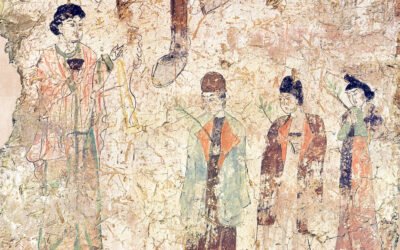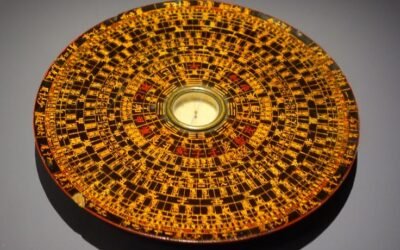How the crime, committed by a different small religious movement rather than by The Church of Almighty God, was prepared.
by Massimo Introvigne
Article 4 of 6. Read article 1, article 2, and article 3.
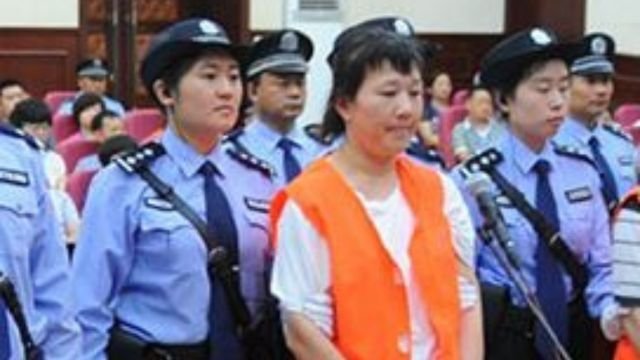
Rather than a branch of The Church of Almighty God, one of China’s largest new religions, the group responsible for the McDonald’s murder, was a micro-movement, which never had more than thirty members and was reduced to six in the end. Originally Lü Yingchun and Zhang Fan led the group as “shepherds.” In the final days of the group, however, Zhang Fan testified that “in the Almighty God organization, Lü Yingchun and I have the highest positions. We are ‘God Himself.’ My father, younger sister and brother, and Zhang Qiaolian are all the ‘chief priests.’”
Two elements are worth noting. The first is that no qualification was needed for the priesthood, except the belief in Lü Yingchun and Zhang Fan as Almighty God. Even a thirteen-year old boy such as Zhang Duo was considered a priest. The second is that, contrary to the traditional Chinese family structure, in the Zhang family there was no patriarchal authority or hierarchy determined by age. The father was supposed to obey the daughter without questioning her orders, which completely subverted the traditional family structure.
Around May 20, 2014, the two Gods identified Chen Xiujuan, Zhang Fan’s mother, as yet another “evil spirit” (邪灵) and expelled her from the group and from the family home. Then they told Zhang Lidong, Zhang Fan’s father, that his marriage with Chen had ended and he could “call his ex-lover Zhang Qiaolian over so that they could live together.” Now “they were husband and wife instead [of Chen Xiujuan]. Lü gave them a new spiritual name each. [Zhang Lidong] was called Adam and Zhang Qiaolian, Eve.” Zhang Qiaolian, who had not been particularly religious, declared her faith in Lü Yingchun and Zhang Fan as Almighty God and was accepted as a member of the group.
Identifying, denouncing, and expelling evil spirits had become increasingly important for the group. It is a practice with a long tradition in Chinese religion, but Lü Yingchun and Zhang Fan assumed the authority to designate members of their group as evil spirits. Those identified were not simply told to leave. Apparently, rituals were involved, characterized by increasing violence.
A particularly disturbing episode was the banning from the Zhang family house, and from the group, of Zhang Fan’s mother. Although some could cynically conclude that the move was motivated by the desire to reward Zhang Fan’s father, a loyal supporter of the two Gods, by allowing him to live with his lover rather than with his wife, the expulsion of Chen Xiujuan was enacted as a cosmic drama.
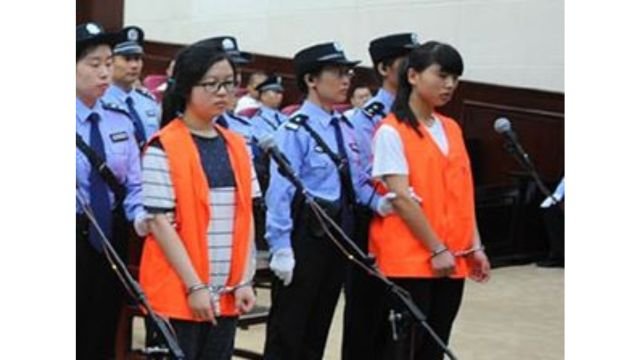
In the days prior to Chen’s exile, Lü Yingchun and Zhang Fan announced that they would be “leaving Earth soon” and returning to Heaven. As the expectation for this event grew, so did Zhang Fan’s belief that her mother “was the ‘queen of the wicked spirits’ [恶灵之王]. The ‘evil spirit’ [邪灵] was carrying out its work on us. I would kill my mother when I met her. I was furious after having found out that my mother was an ‘evil spirit’ [邪灵], and wished upon her a horrible death.”
Although Zhang Fan did not resort to actual physical violence against her mother, there was a fair amount of symbolic violence. “Words like ‘Cruel killing, brutal killing, kill the beasts’ were written on the wall in my house. I wrote those words,” Zhang Fan confessed. Although they also referred to her mother’s alleged practice of slaughtering animals, writing them on the walls was an omen of the violence to come.
Actual violence first targeted the family’s pet dog, called Luyi, which was identified as “the substitute of Chen Xiujuan” exactly one day before the murder in the McDonald’s. Zhang Fan stated, “Over talking, Lü Yingchun noticed that the dog was grinning towards her, which made her think that it was displaying its power and attack. She identified the figure of Chen Xiujuan in the eyes of the dog, which was raised by Chen Xiujuan but was now becoming the tool of the ‘demon’ [恶魔], the substitute of Chen Xiujuan… Lü Yingchun pointed to the dog and shouted, ‘Chen Xiujuan, I’ve identified you!’… In front of the ‘demon’ [恶魔], we are supposed to dump it or kill it immediately.”
The episode concerning the dog may seem trivial, but Zhang Lidong devoted to it a significant percentage of his statement during the one-day trial, where he was confronted with the very real possibility of being sentenced to death. “Zhang Fan,” he reported, “found Luyi under the coffee table and took it outside by its tail. She threw the dog onto the floor of the stairway outside the door, and Luyi could not run after that, but crawled instead. Zhang Fan beat the dog with a mop and broke it. The dog stopped moving after a while of beating, but Zhang Fan said, ‘Its tail is still moving.’ I stepped forward and stomped the dog on its head. It bled profusely after a while of stomping, and I guessed that it was dead. I then dragged it by its tail and threw it into the trash bin outside the building.”
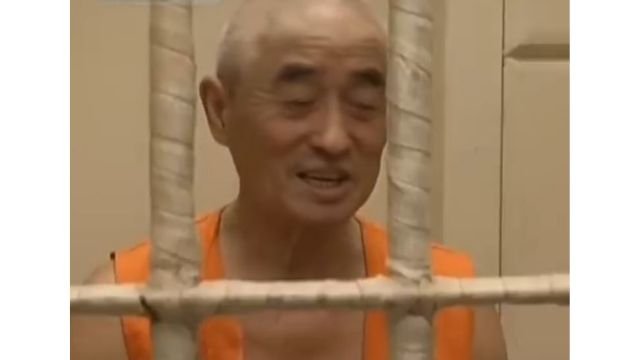
Zhang Fan felt that the brutal killing of the dog was an event of religious significance, the confirmation of her divine status. She stated, “On the 26th in particular, on the evening in which the dog was killed, I was even more certain that I and Lü were ‘God Himself.’ From that evening onwards, I received even greater authority from Heaven and felt especially excited. I had felt that I was God once when I was ten years old, but that was only a thought that flashed in my head for a moment, and I forgot about it after that.”

Massimo Introvigne (born June 14, 1955 in Rome) is an Italian sociologist of religions. He is the founder and managing director of the Center for Studies on New Religions (CESNUR), an international network of scholars who study new religious movements. Introvigne is the author of some 70 books and more than 100 articles in the field of sociology of religion. He was the main author of the Enciclopedia delle religioni in Italia (Encyclopedia of Religions in Italy). He is a member of the editorial board for the Interdisciplinary Journal of Research on Religion and of the executive board of University of California Press’ Nova Religio. From January 5 to December 31, 2011, he has served as the “Representative on combating racism, xenophobia and discrimination, with a special focus on discrimination against Christians and members of other religions” of the Organization for Security and Co-operation in Europe (OSCE). From 2012 to 2015 he served as chairperson of the Observatory of Religious Liberty, instituted by the Italian Ministry of Foreign Affairs in order to monitor problems of religious liberty on a worldwide scale.

